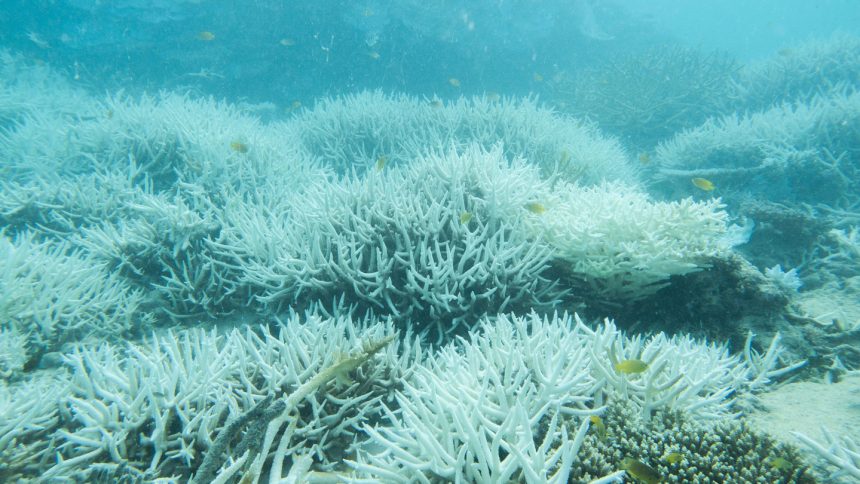The Great Barrier Reef: Confronting Repeated Mass Bleaching Events

Significant Heat Waves Impacting Coral Ecosystems
The Coral Sea has been experiencing severe heat waves almost every year, particularly notable in 2024. This consistent rise in temperature is triggering consecutive mass bleaching incidents that severely affect the renowned Great Barrier Reef.
Understanding Coral Bleaching: Causes and Consequences
Coral bleaching occurs when stressed corals expel the algae (zooxanthellae) residing within them, leading to a loss of color and critical vitality. Prolonged high temperatures are a primary catalyst for this phenomenon. The ramifications are profound; without algae, corals face starvation and increased susceptibility to disease, which may result in widespread coral mortality if conditions do not improve.
The Current State of the Great Barrier Reef
As we move into a new era marked by climate change induced threats, reports indicate that approximately 50% of the original coral cover has vanished over recent decades. This alarming statistic highlights a pressing need for action and awareness surrounding this natural wonder’s plight.
Comparative Analysis with Global Trends
This situation is not unique to Australia’s coast; similar patterns can be observed in other parts of the world where rising oceanic temperatures threaten marine biodiversity. For example, The Caribbean also faces challenges from warmer waters resulting in recurring bleaching events affecting its vibrant ecosystems.
A Call to Action: Preserving Marine Life
Addressing these ongoing challenges requires concerted efforts from governments, communities, and environmental organizations alike. Initiatives aimed at reducing carbon emissions as well as promoting sustainable fishing practices can play an essential role in mitigating future disasters.
The Future Is In Our Hands
If we hope to protect such vital ecosystems as the Great Barrier Reef from further damage—along with countless species relying on these habitats—we must take immediate action toward restoring balance in our marine environments before it’s too late.






